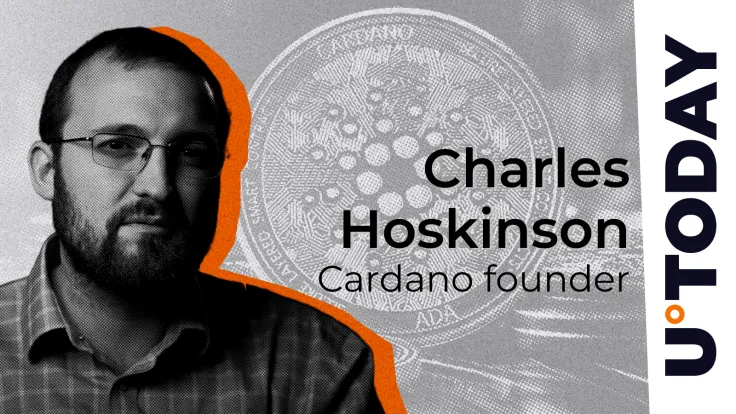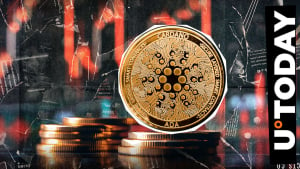
In a recent poll of the Cardano community, participants were asked to consider how a 20 million ADA monthly budget should be allocated, with two proposals put forward: one to build a Rust node requirement for 11 million ADA, and another to implement the Leios protocol for 12 million ADA.
It is worth mentioning that Charles Hoskinson, the figure who created Cardano, took notice of the discussion. He threw his support behind the Leios protocol over the Rust node and explained how important this is for the future of the network.
The Leios protocol is a new and exciting way to improve the Cardano blockchain. It builds on the Ouroboros Praos consensus and is a great example of how we can make the blockchain even more decentralized, while also increasing its speed.
In Hoskinson's words, Leios promises to achieve a comparable increase in transactions to Solana throughput without sacrificing the core decentralization principles of the Cardano network.
The new protocol decouples the validation of blocks from the act of extending the blockchain. This introduces a new concept of input endorsers, which unlocks new use cases and expands Cardano's capabilities beyond what is currently possible.
All in all
Solana's consensus mechanism allows for faster processing, but it comes at the expense of decentralization. The Leios protocol has the potential to not only match but surpass Solana's performance while keeping the network's foundational structure intact.
What makes Leios special is its ability to combine high-speed functionality with the strict security standards you would expect from a decentralized blockchain.
This balance could be crucial for Cardano as it continues to grow in a competitive market, where scalability and speed are essential.


 Dan Burgin
Dan Burgin Vladislav Sopov
Vladislav Sopov